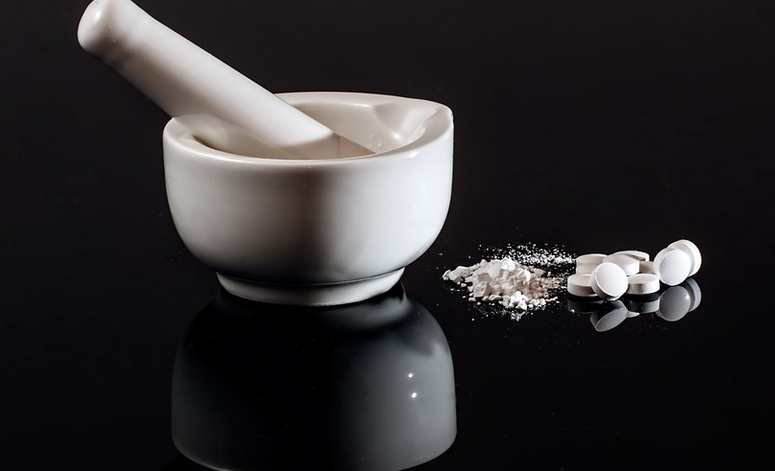Introduction
As the world becomes more accepting of cannabis use, people are becoming more curious about the science behind it. One question that often comes up is how much THC is lost during combustion. THC is the psychoactive compound in cannabis that produces the “high” feeling. In this article, we will explore the answer to this question.
What Happens During Combustion?
When cannabis is burned, it goes through a process called combustion. Combustion is the chemical reaction that occurs when a substance is burned in the presence of oxygen. During combustion, the heat causes the THC to vaporize, which is then inhaled by the user.
How Much THC is Lost During Combustion?
Studies have shown that combustion can cause a significant loss of THC. On average, it is estimated that up to 30% of THC is lost during combustion. This means that if a strain of cannabis has a THC content of 20%, only 14% of that THC will be present in the smoke that is inhaled.
Why Does THC Get Lost During Combustion?
There are a few reasons why THC gets lost during combustion. One reason is that THC is a volatile compound, which means that it can easily vaporize at high temperatures. Additionally, cannabinoids like THC are not very stable and can break down when exposed to heat.
Alternatives to Combustion
If you’re looking to maximize the amount of THC you get from your cannabis, there are alternatives to combustion. Vaporizing is one such alternative. Vaporizing heats the cannabis at a lower temperature than combustion, which means that less THC is lost. Edibles are another alternative, as they do not involve combustion at all.
Conclusion
In conclusion, combustion can cause a significant loss of THC. Up to 30% of THC can be lost during combustion, which means that if you’re looking to maximize your THC intake, you may want to consider alternatives to combustion. Vaporizing and edibles are two alternatives that can help you get the most out of your cannabis.
Disclaimer:
This article is for informational purposes only and is not intended to provide medical advice. If you are experiencing any health issues, please consult with a healthcare professional.

